
Trip Highlights
- Volunteer for the forest conservation program and contribute towards protecting one of the world’s most unique ecosystems
- Opportunity to have an encounter with the iconic creatures for which Madagascar is famous - lemurs!
- Study wildlife in one of the world's most biodiverse regions
- Learn an array of surveying techniques and have a chance to contribute to the local community
- Go for thrilling treks through remote regions of this hugely exciting island
- Make lifelong friends and return with incredible stories, photos, and memories
Overview
Overview
Be a volunteer for the Forest Conservation Program in Madagascar with Volunteering Solutions, which is meant for all those adventurous souls who are keen on exploring the island of Madagascar while contributing effectively towards preserving the richness & beauty of Mother Nature. Being a volunteer for this project, you will get the opportunity to understand the local environment and help monitor the spectacular array of wildlife found in Nosy Komba.
To assess the biodiversity, we use a variety of field survey techniques including Species ID, behavioral monitoring and comparisons, population assessments, pitfall traps, transect surveys, and active forest searches both during the day and at night, as well as visual and vocal identification of birds, and potential for mist-netting, etc. For invertebrates on Nosy Komba, we aim to create an inventory of butterfly and moth species.
Forest volunteers receive training on species identification, conducting field surveys, equipment set up and data collection. You'll be guided by professional conservations, during this volunteer trip. Thus, it'll be an incredible opportunity for you to learn through experiences.
Currently, there are 4 most prominent focus areas, which are as follows:
Black Lemur Ecology – We study 3 groups of lemurs, all located in the closed-canopy forest, near to villages and human presence. We focus on the lemur’s relations with their habitat, home range, and group size. We also hope to estimate the lemur’s tolerance against habitat fragmentation and disturbance. In addition to this, we conduct behavioral comparisons between wild and habituated populations at the local lemur park.
Reptile Survey – We use two different methods, each focusing on different niches. In transect surveys, volunteers walk along set 250m transects using visual search to identify all reptiles and amphibians. During plot searches, volunteers actively search through a pre-defined plot looking for more cryptic species. In addition to the intensive transect and plot searches, we sometimes use pitfall traps to study ground-dwelling reptiles and amphibians. Most surveys happen during the day however we carry out weekly night walks for nocturnal species using the same methods.
Bird Survey – We conduct bird population surveys on the coast, in plantations, and in the forest. Point counts are conducted where birds are identified both visually and vocally. This survey allows us to study the seasonal occupancy, habitat preferences and provide updated data on the endemic bird species present on Nosy Komba.
Agroforest – The implementation of an agroforest in Nosy Komba is the first of its kind. With villages requiring to clear forest vegetation to grow crops, we are pioneering the concept of growing cash crops. These are crops such as coffee, vanilla and chilly. The crops will be grown without the need to destroy or interfere with valuable ecosystems. We combined this initiative with a sanitation program for the local village.
Volunteers will be working as a group under the supervision of the local staff. If this is your first time doing conservation work, don't worry! Our country coordinator will be there to guide you and provide you with adequate help and knowledge so that you can work with ease and have satisfactory volunteering experience.
Program Requirements
Program Requirements
If you plan to volunteer in Madagascar, you need to be at least 18 years old. There might be exemptions if you can provide the permission of your legal guardian(s) or if you are accompanied by your parents. Volunteers should be highly energetic; have a positive attitude to make a change; possess a certain level of fitness, since the island life is not as easy as it might seem! For participating in the Forest Conservation Program, a good level of physical fitness is required to reach the survey sites which involve climbing over rocks and up steep mountain trails.
Volunteer Roles & Responsibilities
Volunteer Roles & Responsibilities
Being a volunteer for this project, your main roles would be:
- Study the diversity and abundance of species to identify changes in forest dynamics, populations, habitat health and identify potential localized threats
- Assess the biodiversity in this little-studied area and compare different habitat types as well as the effects of human disturbance
- Carry out extensive surveys of the local mammals, birds, reptiles, and amphibians that exist in the surrounding forests
Volunteer Work Schedule
Volunteer Work Schedule
Volunteers usually arrive on Sunday and the program will start from Monday.
Monday
07:30 Breakfast
08:30 Orientation Presentation
10:00 Health and Safety Presentation
11:00 Complete and sign forms and paperwork
12:00 Lunch
14:00 Walk to the neighboring village of Ampang for a tour led by staff
17:00 Return to camp (walk or by boat at a cost of 2,000 MGA/person)
18:00 Dinner
18:45 Daily Board Briefing
Tuesday: First official day on project! Generally, you will be doing hands-on activities integrated with staff and other more experienced volunteers. Staff will go over activities and times after dinner on Monday so you know where to go.
Volunteer Activities:
Each program has morning and afternoon activities. After dinner each day, we have a briefing to go over activities for the following day.
Note: Schedule will vary depending on the project, tides, etc.
Sample Schedule:
05:00-07:00 Breakfast on camp
06:00-08:00 Start of morning activities on the project
12:00 Lunch on camp
14:00 Start of afternoon activities on the project
16:00-17:00 Volunteer activities for the day usually conclude
18:00 Dinner on camp
18:45 Board Briefing to go over activities for the following day
Living
Living
Airport Transfer
Volunteers should arrive on Nosy Be Fascene Airport for pick-up on Sunday before their start date. They will be met at the airport or boat port (if arriving overland) and transferred to the volunteer camp on Nosy Komba. The boat ride from Nosy Be to Nosy Komba takes about 45 minutes with the last boat of the day departing around 15:00. If volunteers not arrive in time for the last boat to camp, our staff will assist in getting them to their hotel (we can provide hotel recommendations). The following day they will be met at a pre-determined time and place and transferred to the camp. If there is time before the last boat departs for Nosy Komba, our staff will give them a tour of the town of Hellville where they can purchase snacks, a local SIM card, draw money at an ATM, etc. It is important to note that in addition to time constraints with boat departures and tides, shops and stores all close for siesta between noon and 14:30/15:00 each day.
For your departure: You are responsible to arrange and pay for your own transport back to the airport, however, we are happy to help you book your transport as needed.
Accommodation
We have 2 accommodation facilities in Madagascar. The first one, Turtle Cove, is built into the steep slopes of Nosy Komba, which is a multi-level compound overlooking the spectacular coral reef below. Climb stone stairs up from an idyllic beach to the main house situated above the dive deck and take in the stunning view of the ocean extending far across all the way to Lokobe Forest Reserve on Nosy Be. The main house accommodates senior staff members and serves as a meeting place and hangout for volunteers during the day. Large decks line the front of the main house complete with hammocks, bean bags, and benches.
Volunteers can expect to share a hut with four to six other volunteers and will need to bring their own bedding and towels. The huts have several bathroom facilities equipped with running water, flush toilets and cold water showers. There is also a work area for volunteers as well as lockable storage boxes available for each hut to store small valuables. Volunteers should also bring a padlock to secure personal items in their luggage when not in use.
The second camp is located on mainland Madagascar in the small remote village of Ampohana. Volunteers are accommodated in communal A-Frame bungalow fitted with double bunk beds. Our camps are eco-friendly with solar-powered lighting throughout. There are no charging facilities for electronic devices; volunteers are encouraged to bring a solar panel and battery pack to keep their devices charged. Charging ports are available in the neighboring village of Ampang, about a half-hour hike from camp.
We do have an onsite generator for staff use located at our main camp, though volunteers are welcome to charge small devices (no laptops) from this if there is space. Bear in mind that in an effort to go green, the use of the generator is minimal, sometimes only once per week or less.
It'll be great fun to live this life away from the network, where you'll get ample time to bond with your fellow mates, share your stories and plan out how to make a difference.
Meals
Three meals per day are provided seven days per week. Each meal is prepared by our on-site cooks using traditional Malagasy cooking methods using fresh, locally grown, seasonally available produce. Most meals have a rice base with beans and vegetables on the side (or over rice).
Fruits and vegetables served will change depending on the season and availability of local produce. Some meals will include fish/seafood, beef (zebu), or chicken. Meat, when part of a meal, is typically prepared with a sauce, cut into small pieces, and served over rice. In addition to bananas, breakfast usually consists of either baguettes and jam, eggs or crepes.
There is a vegetarian option for all meals. Due to logistics and the limitations of our remote location, we cannot provide a vegan option. Vegans can help themselves to the vegetable-based foods prepared, but will also need to supplement their diet with foods purchased off camp. If you have special dietary requirements, please let us know. We will do or best to provide accordingly, however you should not expect to eat as you normally do at home.
Know that you are volunteering in a remote region of a developing country and flexibility is necessary.
During your Free Time
A few popular weekend activities/places to visit are listed below.
- Lokobe Forest Reserve
- Discovery SCUBA Dive
- SCUBA Dive Training
- Explore different areas of Nosy Komba with a local guide and learn about medicinal plants, the endemic wildlife and more
- Tanikely Natural Reserve
- Visit Nosy Iranja or Nosy Sakatia (swimming and snorkeling)
- Whale Shark Watching (seasonal)
- Visit the Sacred Tree or Sacred Waterfall on Nosy Be
- Hike up Mount Passot on Nosy Be
- Visit Lemur Land park on Nosy Be, or the Lemur Park on Ampang Village on Nosy Komba
- Ankarana National Park
- Amber Mountain National Park
- Visit plantations on the mainland in the city of Ambanja
- Visit the city of Diego Suarez including the Emerald Sea, the Three Bays, Tsingy Rouge rock formation and more
Dates
Dates
2024
2025
January
07
14
February
04
18
March
03
17
April
07
21
May
05
19
June
02
16
July
07
21
August
04
18
September
01
15
October
06
20
November
03
17
December
01
15
January
05
19
February
02
16
March
02
16
April
06
20
May
04
18
June
01
15
July
06
20
August
03
17
31
September
14
October
05
19
November
02
16
30
December
14
Past Date
Available
Unavailable
Filling Fast
Costs
Costs
Please Note: -An application fee of £179 is charged over and above the program fee as an application payment.
What are you Paying for?
- 24 hrs Assistance and support from staff
- Comprehensive Pre- Departure Information
- Orientation
- Sleeping accommodation on camp for the program duration
- Three meals per day, seven days per week on camp
- Supervision and training by staff
- Airport pick-up in Nosy Be
- Transportation to program sites
- Travel & Medical Insurance (Available at an extra cost)
- Certificate Of Completion (Upon Request)
What's NOT included?
- Flights
- Visa costs
- Personal items
- Travel and health insurance
- Airport drop-off
Reviews
Reviews
Frequently asked questions
Health and Safety
FAQ's Application and Program Details
Flights and Visa
Connect with Past Volunteers
More projects in Madagascar
Still have Questions?
We're always here to help.
Get in touch whatever way works best for you.
 ES
ES  PT
PT  IT
IT  DE
DE 

 Bali
Bali  Cambodia
Cambodia  India
India  Malaysia
Malaysia  Nepal
Nepal  Philippines
Philippines  Sri Lanka
Sri Lanka  Thailand
Thailand  Vietnam
Vietnam  Ghana
Ghana  Kenya
Kenya  Madagascar
Madagascar  Morocco
Morocco  South Africa
South Africa  Tanzania
Tanzania  Uganda
Uganda  Australia
Australia
 Costa Rica
Costa Rica
 Ecuador
Ecuador
 Peru
Peru
 Ireland
Ireland
 Greece
Greece
.jpg)
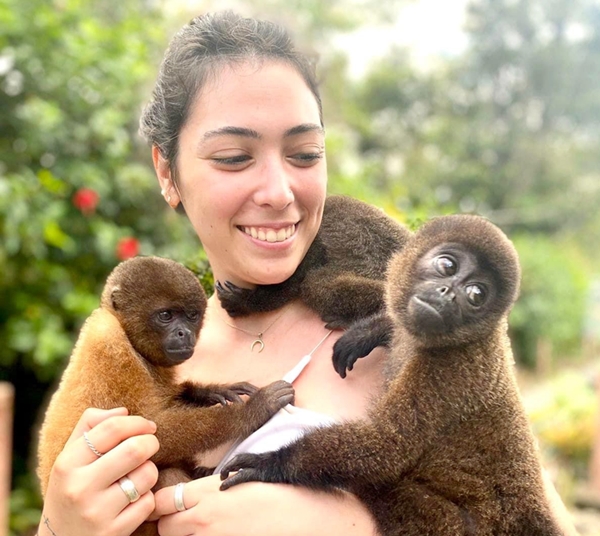
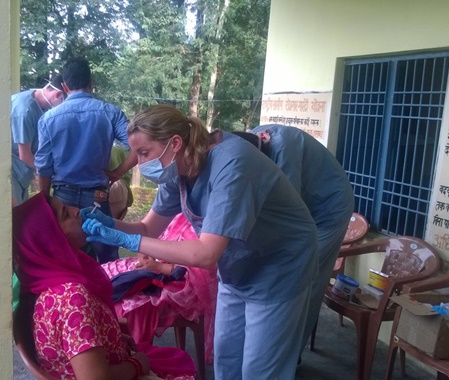
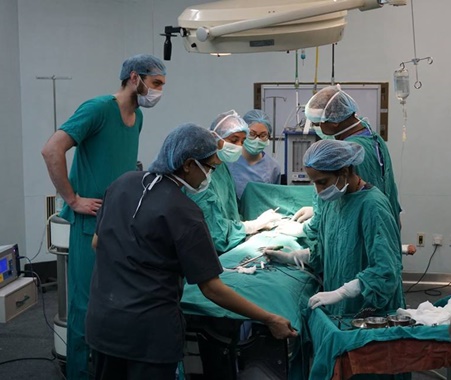
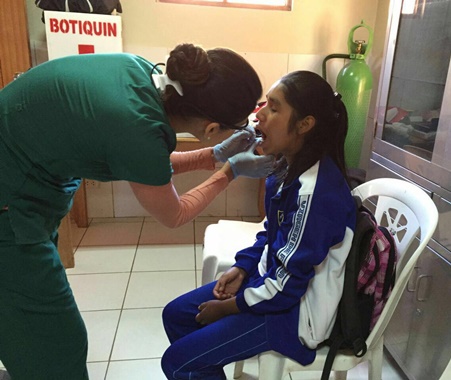

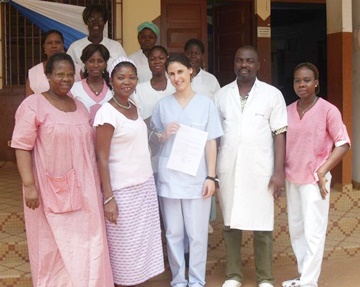
.jpg)
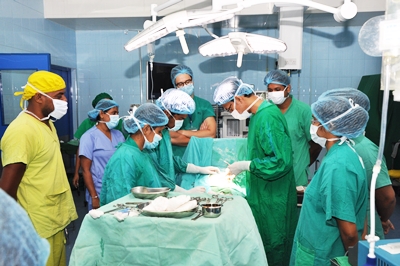




















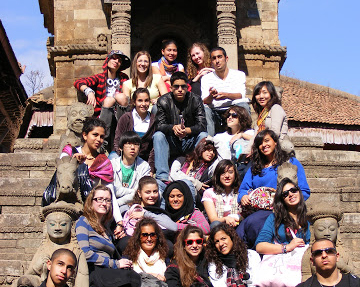
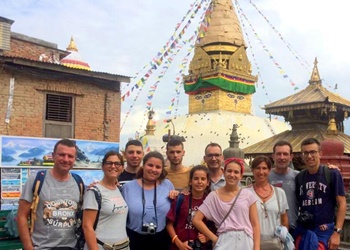
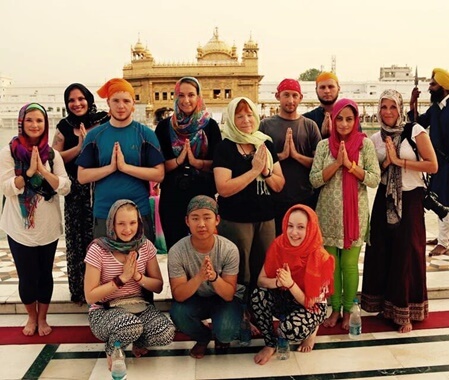




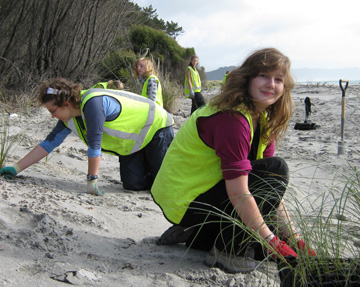


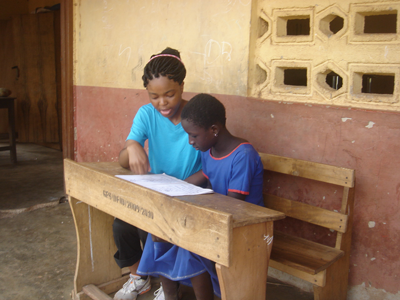

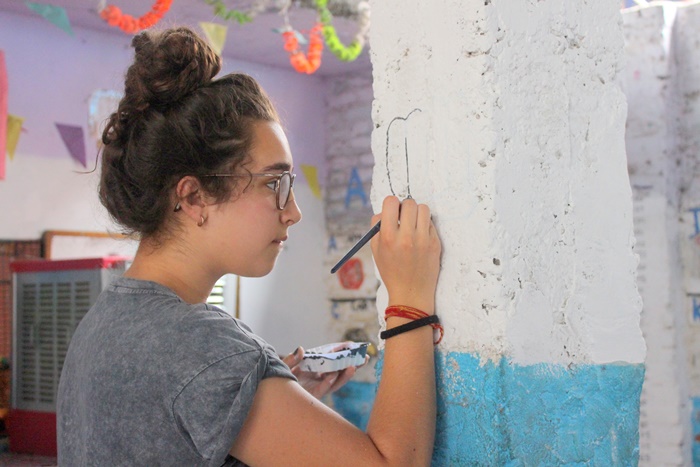

.png)
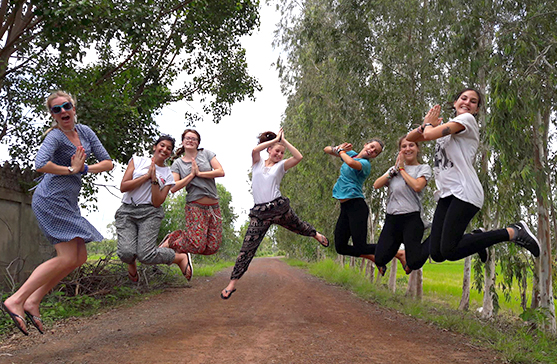



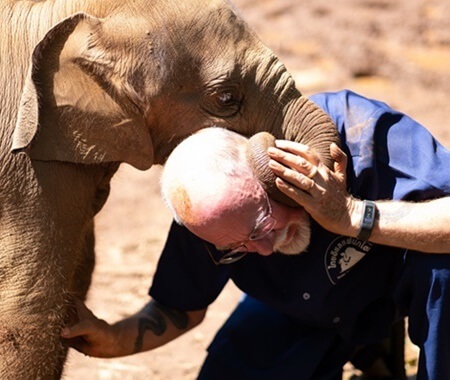
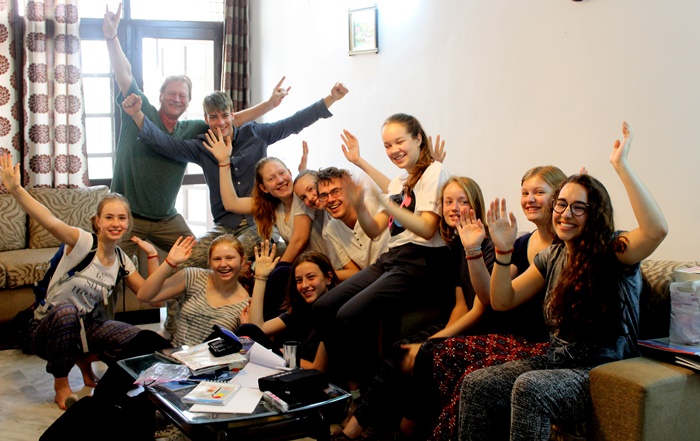


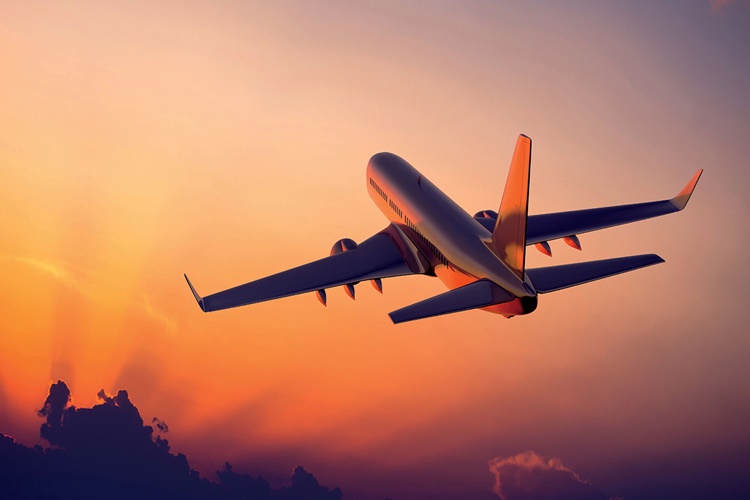
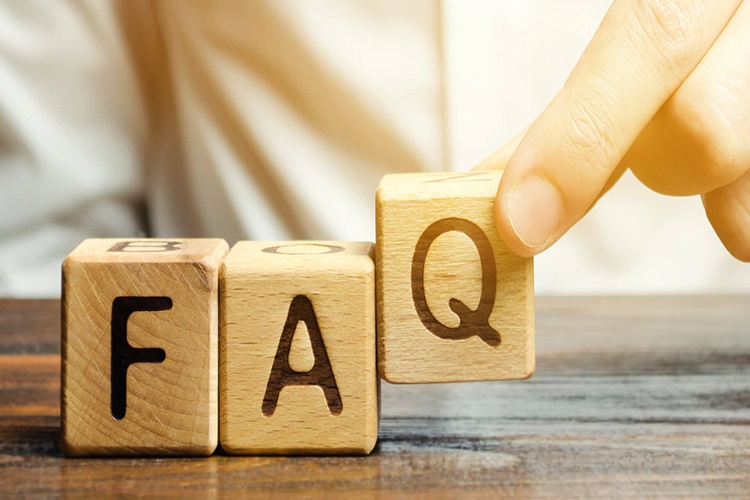

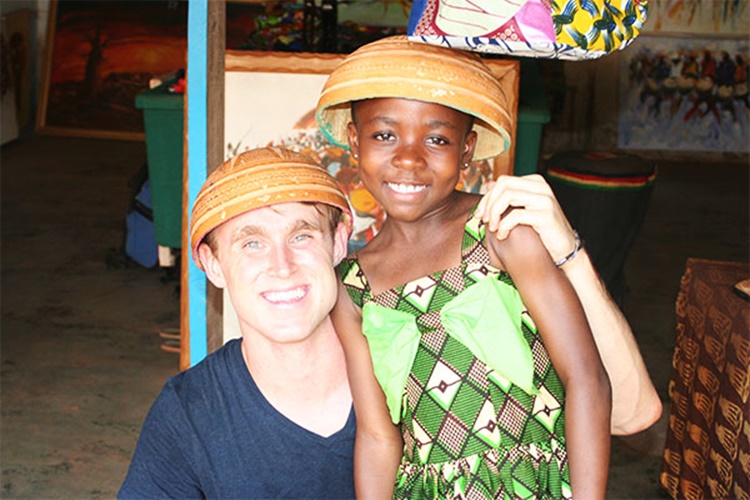

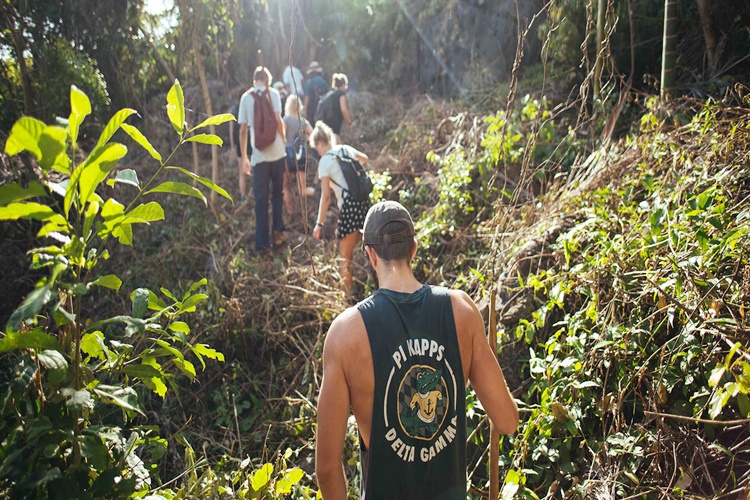
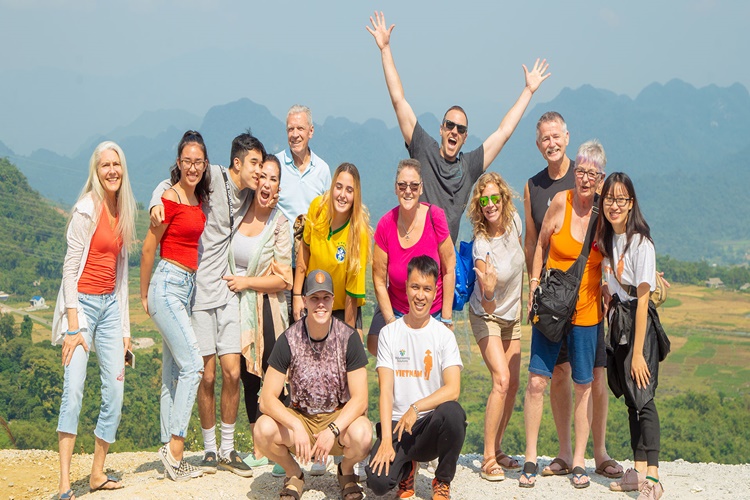


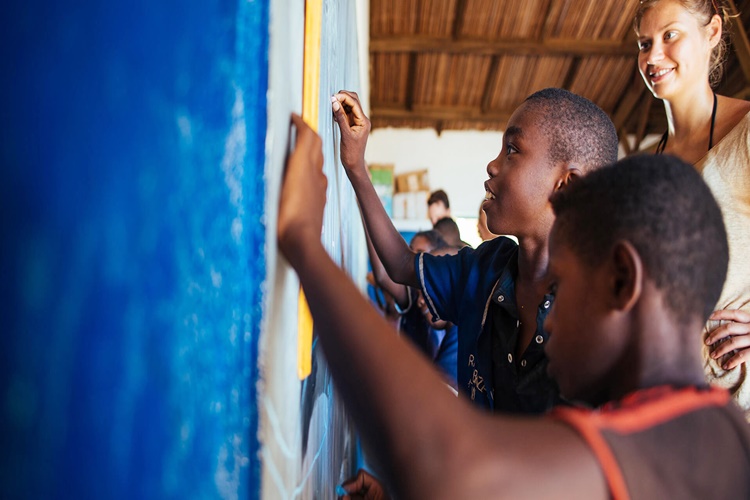
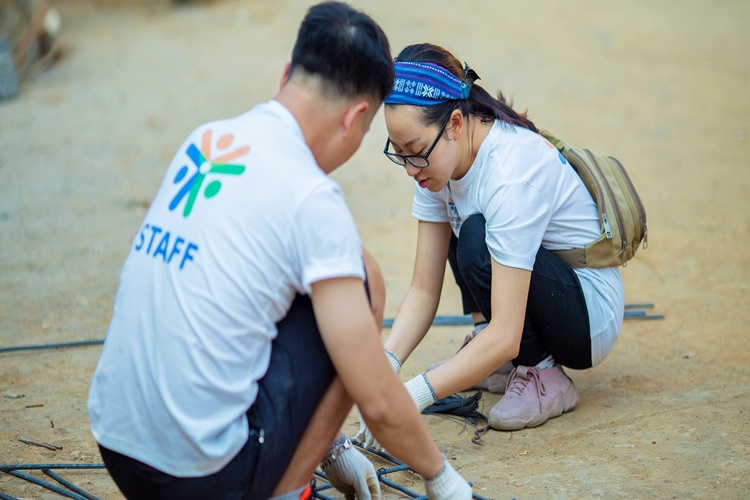
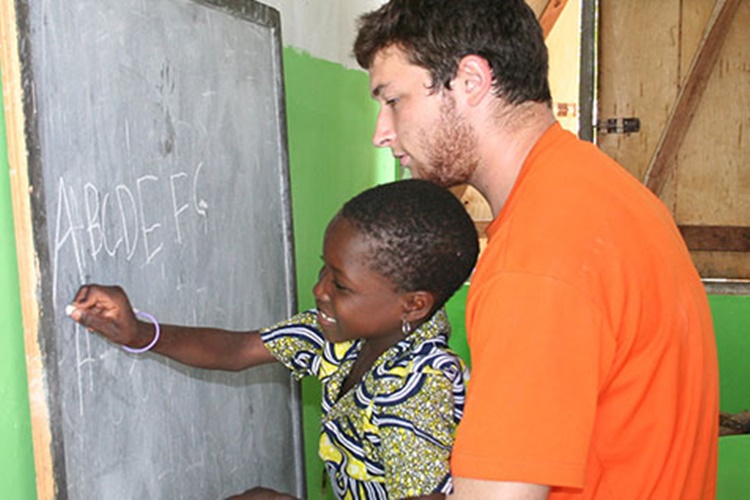


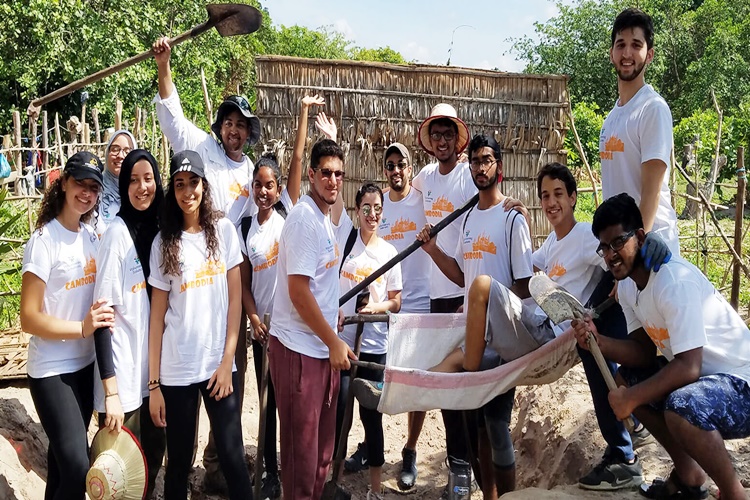
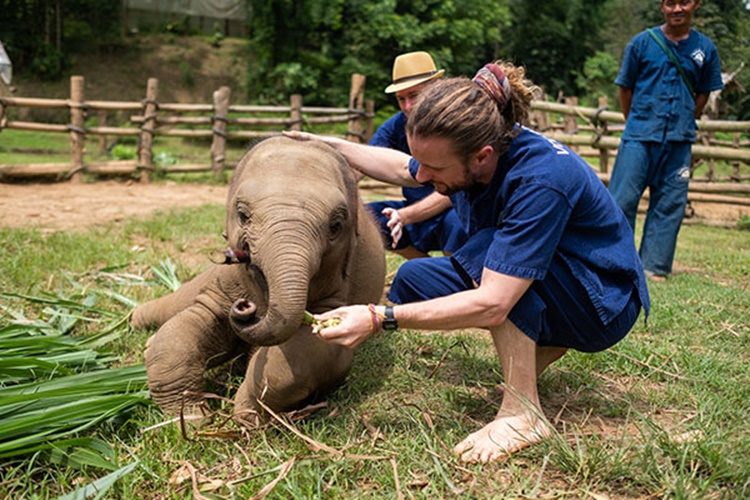
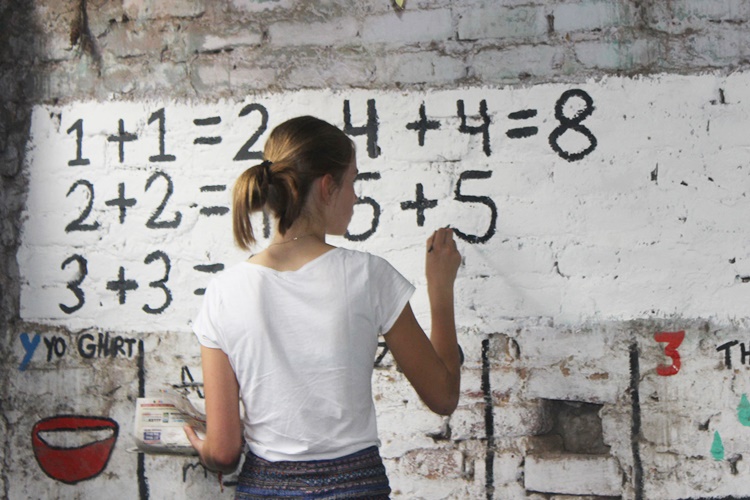
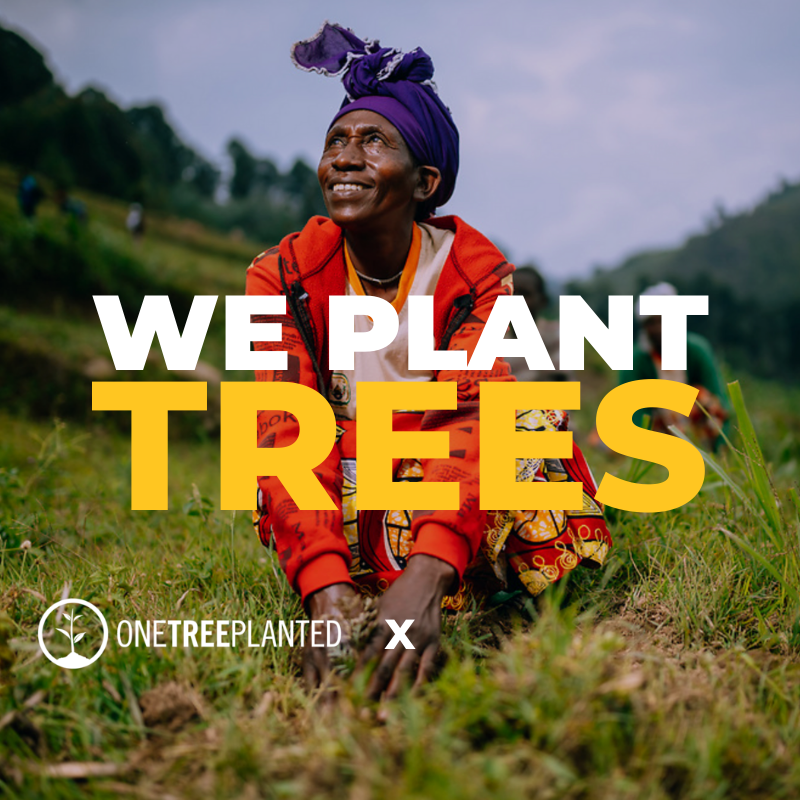


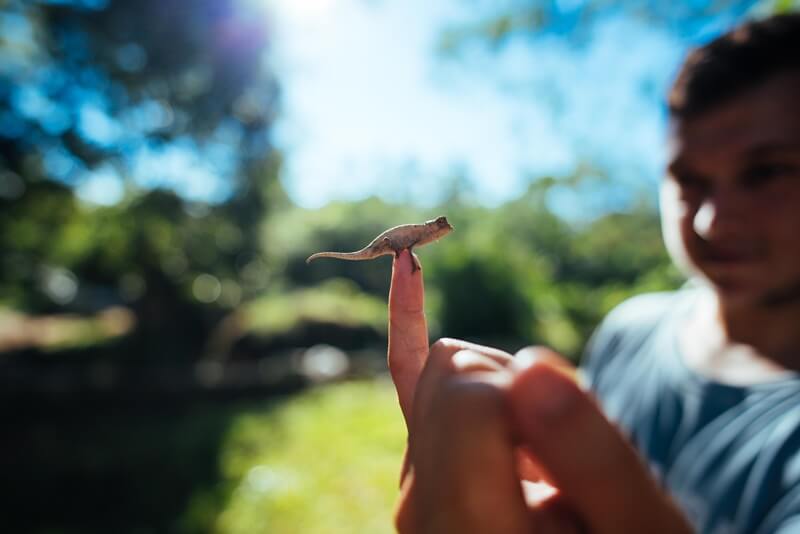
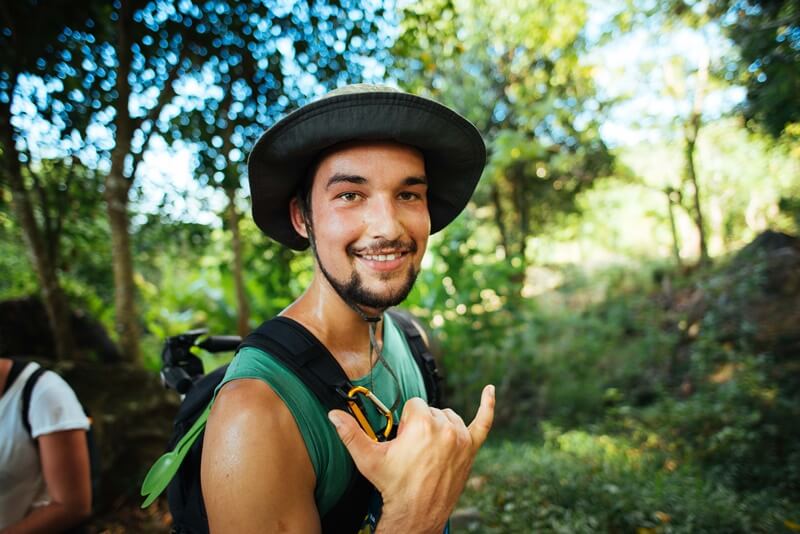
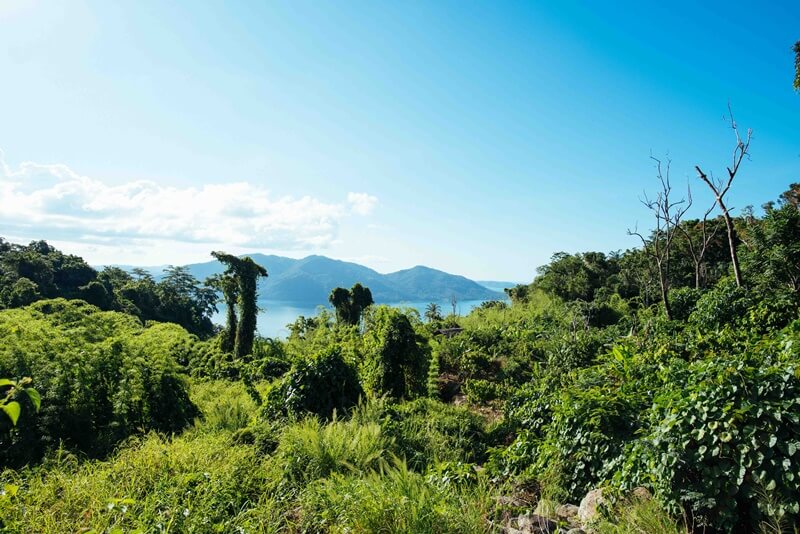
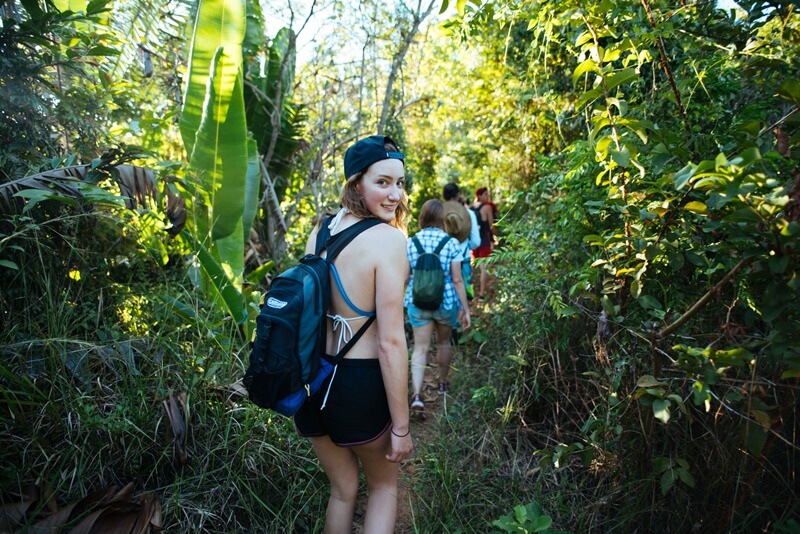
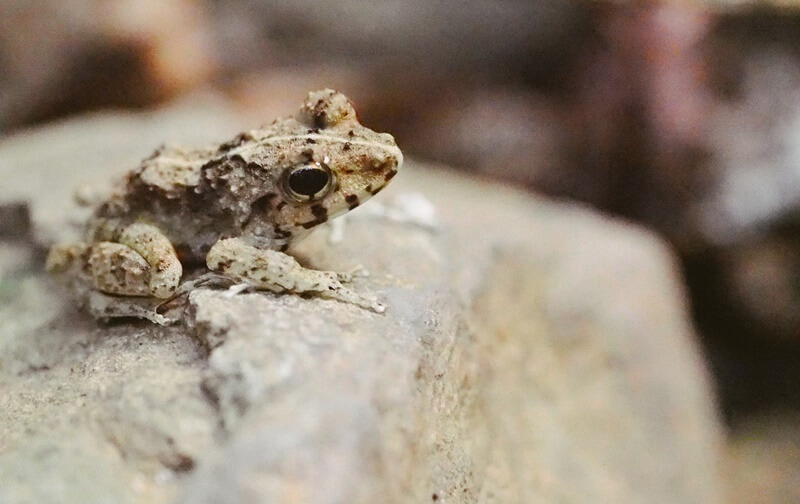
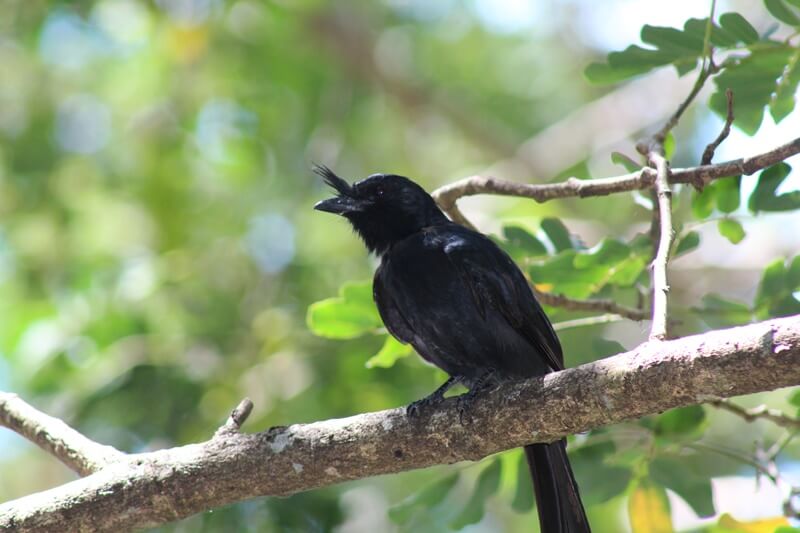
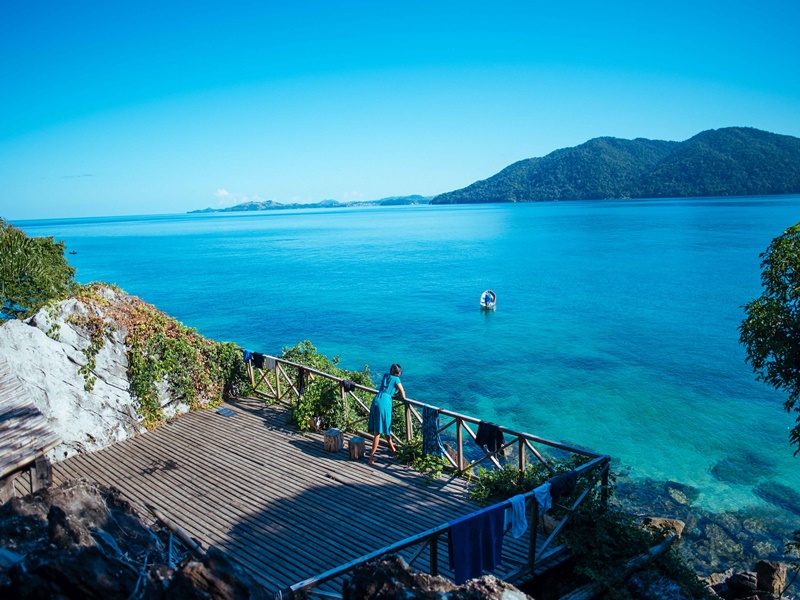
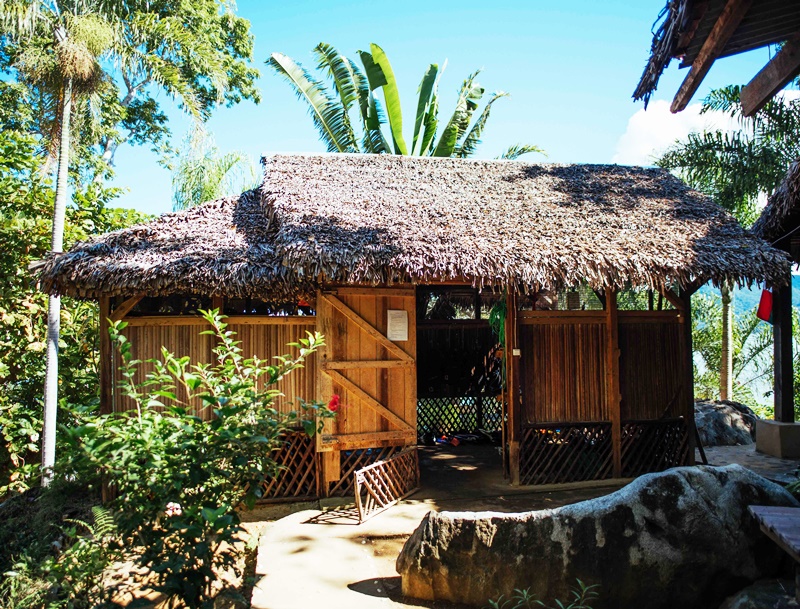
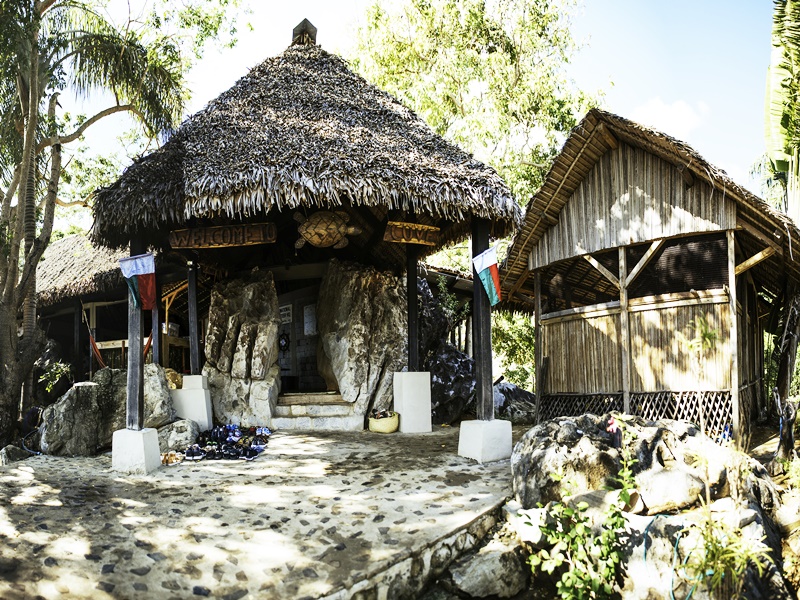
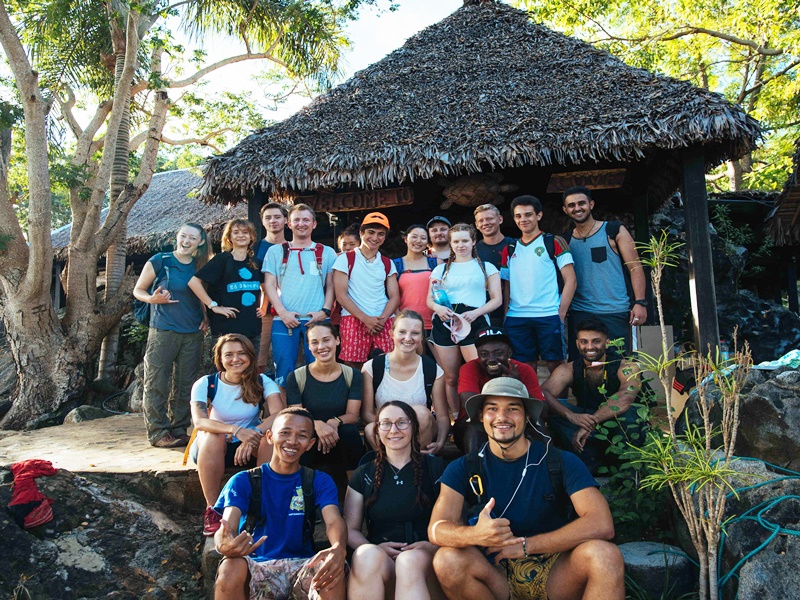
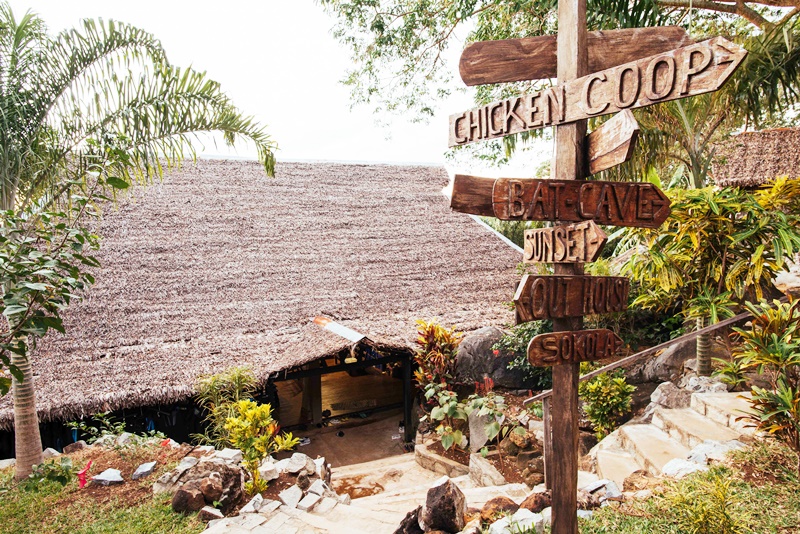
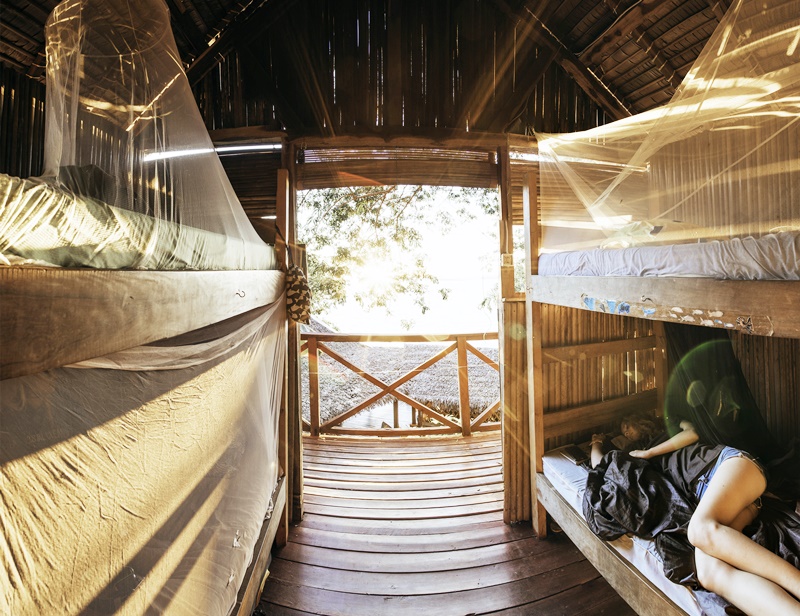
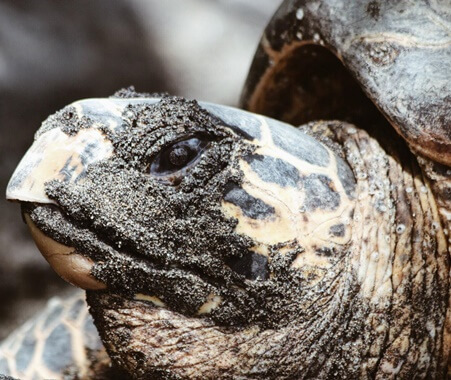

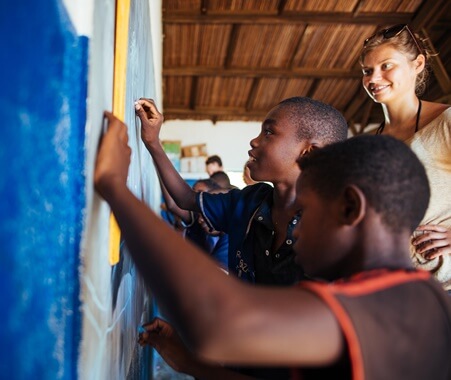
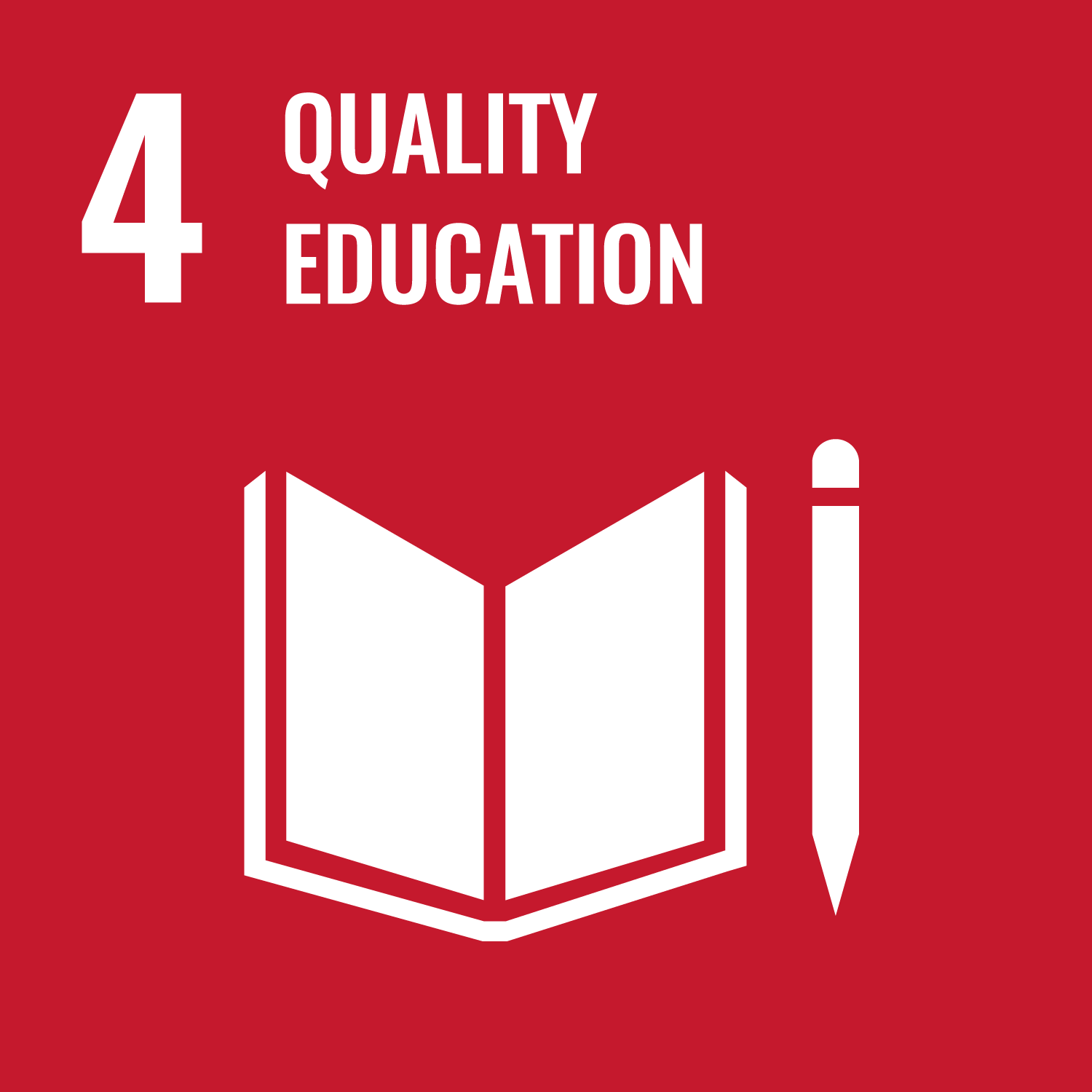
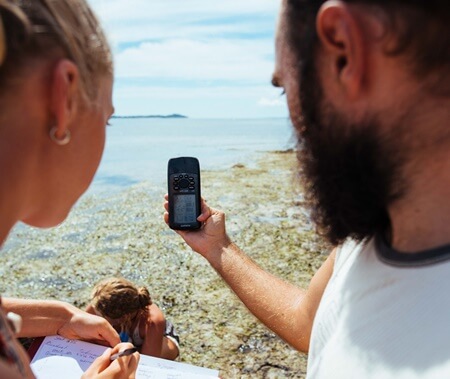

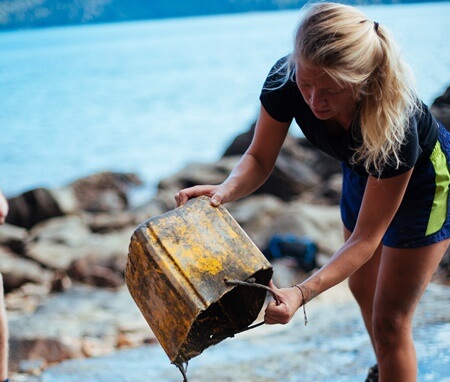
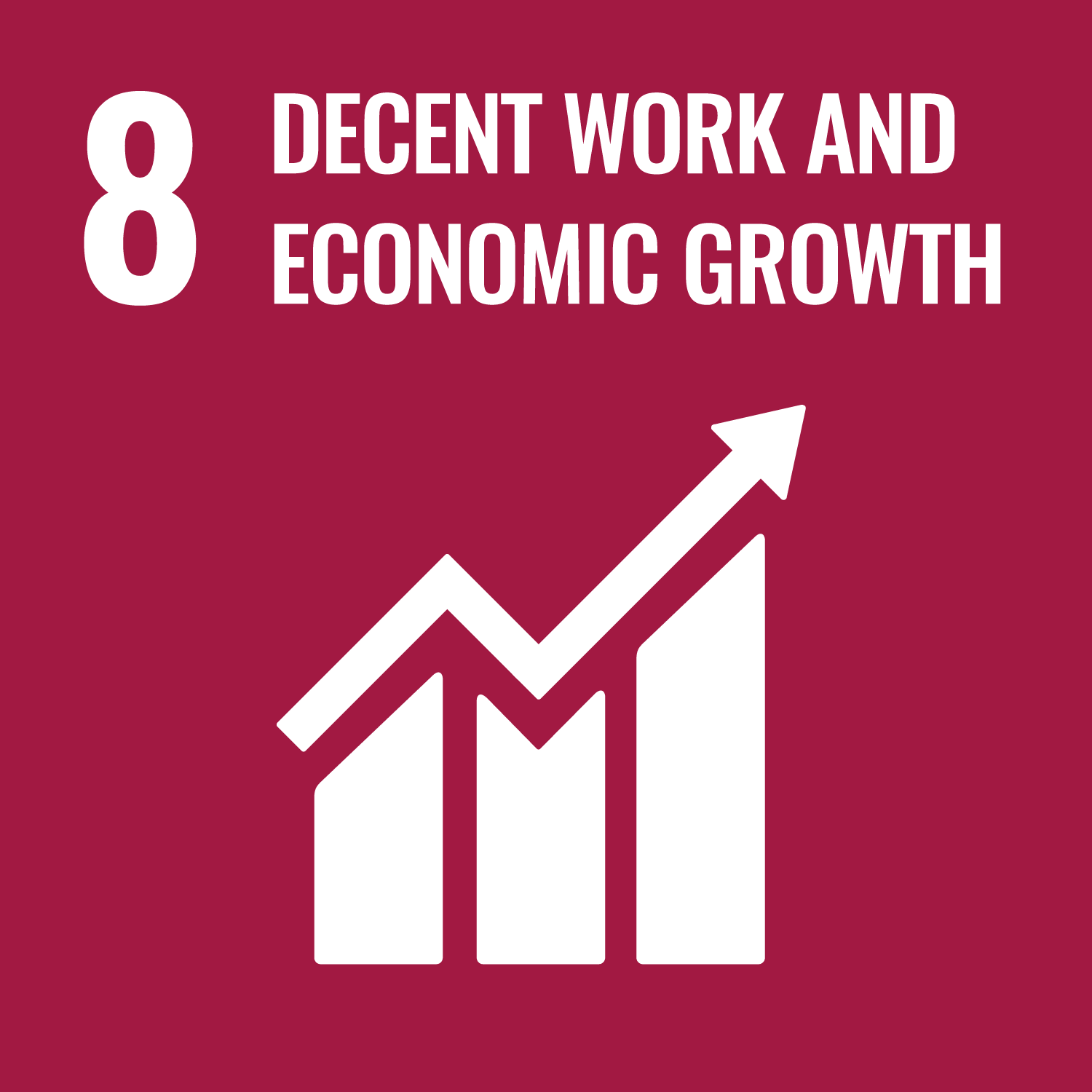
 Global Website
Global Website